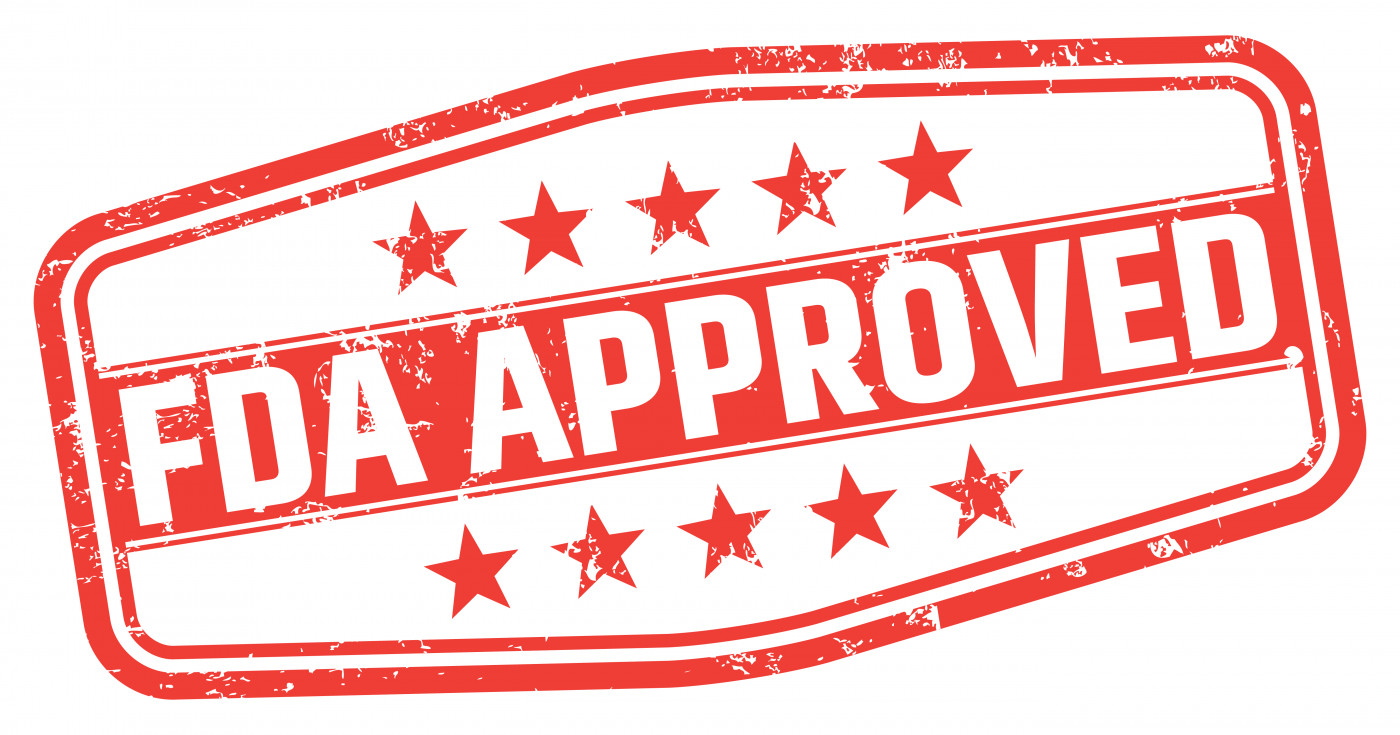Children 6 and Older Can Use Haegarda to Prevent HAE Attacks, FDA Says
Written by |

The U.S. Food and Drug Administration (FDA) has extended the use of Haegarda, a C1-INH replacement medication, as a routine treatment to prevent hereditary angioedema (HAE) attacks in children ages 6 and older.
Haegarda, a prophylactic treatment available as an under-the-skin (subcutaneous) injection that can be taken at the home, was approved by the FDA for adults and adolescents with HAE, starting at age 12, in 2017. CSL Behring developed and markets the treatment.
“Since 2017, Haegarda has been a trusted and effective option for patients seeking to prevent HAE attacks, but until now preventative options for younger children living with the condition have been limited,” Debra Bensen-Kennedy, MD, vice president of North America Medical Affairs at CSL Behring, said in a press release.
“With this expanded indication, we are able to offer pediatric patients as young as 6 years of age, an effective, preventative subcutaneous solution and deliver on our promise of addressing the unmet needs of people living with HAE,” Bensen-Kennedy said.
Haegarda is used to replace the C1-inhibitor (C1-INH) protein, which is either missing or malfunctioning in HAE patients, leading to sudden and recurrent swelling attacks that can affect the deeper layers of the skin, the upper airway, and the gastrointestinal tract.
The FDA’s decision to extend Haegarda’s approval to include pediatric patients was based on data from two clinical trials: the COMPACT Phase 3 trial (NCT01912456) and its open-label extension study (NCT02316353).
COMPACT assessed the safety and efficacy of Haegarda at preventing swelling attacks in people with HAE type 1 or 2, ages 12 or older, compared with a placebo. Of the 90 patients initially enrolled in the study, six were 17 years old or younger.
Data from this trial, which also supported Haegarda’s initial approval, showed the treatment’s use lowered the frequency of HAE attacks by a 95% against placebo when given at its highest and currently approved dose of 60 IU/kg. Haegarda also reduced the use of rescue therapies by more than 99%.
A total of 126 patients with HAE type 1 or 2, including some who had finished COMPACT, took part in the extension study. Nine of these patients were age 17 or younger.
A recent analysis found these patients saw the frequency of monthly HAE attacks drop by more than 50% from the study’s start, and the treatment was well-tolerated. Haegarda’s use lowered the number of their monthly HAE attacks by a median of 97%.
All nine patients had less than one attack per month during the study; four had less than one within a year, and one remained attack-free. None of them discontinued treatment due to side effects.
“The FDA’s approval of Haegarda for preventing HAE attacks in children six years of age and older represents a major stride in filling an unmet medical need. The U.S. Hereditary Angioedema Association is excited that there is now a subcutaneous prophylaxis option for the younger members of our HAE community and the families that care for them,” said Anthony J. Castaldo, the association’s president and CEO.
“As the mother of a young patient and an active member of the HAE community, this news brings tears to my eyes as I am reminded of our struggles and strides over the years,” said Lisa Chacon, an HAE patient advocate. “It warms my heart to know that so many children will now have access to this convenient, preventative therapy.”
Haegarda’s product label has also been updated to include new safety data on the use of the medication during pregnancy. The update was based on findings in four women, ages 19 to 32, who became pregnant while participating in COMPACT’s open-label extension study.
These women continued using Haegarda for four to eight weeks — amounting to nine to 15 doses — during their first trimester, before knowing they were pregnant. None experienced any complications and all delivered healthy babies.
Haegarda is not approved to treat acute HAE attacks.





